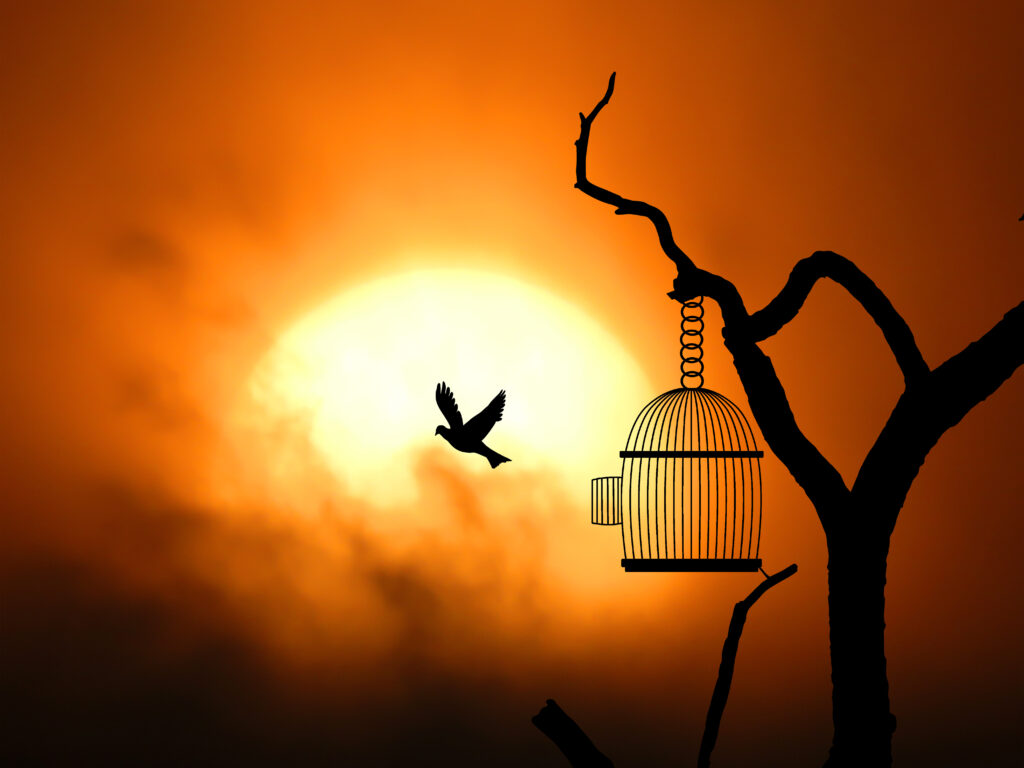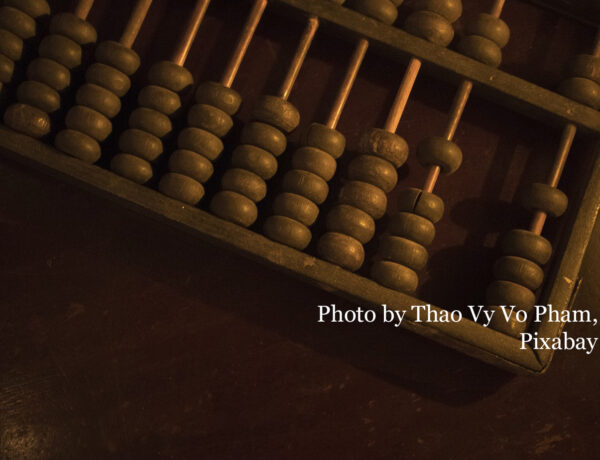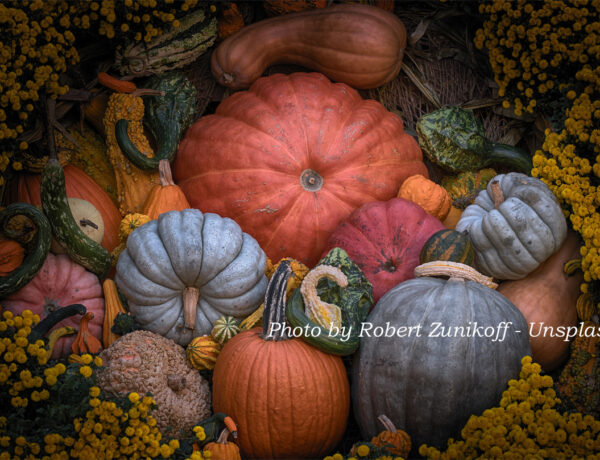First, I must admit that Independence Day often creates a deep sense of loss for me. As I grew older and learned more, read more, I came to realize that it was not the loss of something that was, but something I had believed to be true. Recent events have only made this more poignant. Or maybe I’m just getting old. On this, a day we celebrate freedom as it was perceived some 248 years ago, I want to challenge two of my most cherished views. First, that a people always deserves/chooses the government they live under; and second, that “Man cannot another man set free.” (This is the opening line to a poem I wrote in March of 2003).
Let’s look at the first one. In November of 2016. I wrote a blog post that made it quite clear that I believed as a nation we had what we had voted for. That for whatever reason, not enough of us saw the danger in handing the keys to the White House to a narcissistic conman. I believed we deserved the government we had chosen. Since then, I have learned a great deal about what “choosing” means in our country at this point in history. I learned about voter suppression, bots, algorithms, and foreign influence. Our political system is so broken at this point that between dark money and gerrymandering, it takes a determined voter population to make sure we have good choices and to put the person best suited at the head of our country. A person we can trust to at least try to do the best for us, the people. It means becoming involved even if we find it distasteful.
Now we are caught in the fight of our lives to regain control of our own country, our own futures. The jury is still out on how peaceful that fight might be. And if we do win this time, what do we do with a Supreme Court that has lost touch with their core raison d’être? Unless we have a Congress and Senate untethered to special interests willing to legislate these abhorrent decisions out of existence, we are in for a very rough ride. Is this really the leadership we chose?
I no longer believe that to be true. I have come to realize that being able to say that a people deserves its government is a privileged point of view, born from a firm belief in who and what we are supposed to be. The depth of my hubris was thrown at me (unintentionally) when a friend told me that Gaza was getting what it deserved because it voted in a terrorist organization. That was in 2006. The vast majority of Palestinians today have never had the option to vote.
Just over 9 months ago, the State of Israel suffered the most horrific single-event attack since its formation as a state (wars excluded). The leadership had every human and legal right to pursue the perpetrators and rescue their kidnapped people. But they didn’t stop there. They proceeded to engage in a campaign to completely and utterly decimate the homes, businesses, healthcare, and infrastructure of over two million people. As of today, 38,514 Palestinians are dead, mostly women and children and not counting those buried in the rubble. Israel, and our own government, refuse to listen to any voices screaming in their ears to stop, please stop. Palestinians have had no control over who governs their lives since the 40s. They have been a stateless people struggling for recognition, for the right to choose their own destinies. Does that make October 7 right? No, it does not. But how many times has human suffering pushed the oppressed to the brink while the world stood watching—and fiddled?
Gaza has the headlines just now, so perhaps you are unaware of the disaster that Sudan has become. Again, war fueled by foreign influence is systematically destroying a country, starving the people, and crushing the options for millions of people. Did the people of Sudan elect to suffer this civil war? A war funded by competing foreign interests?
Ukraine, several countries on the African, and Central and South American continents, and regional areas near China and Russian are under assault. Some funded by foreign interests, others in a struggle to throw off the chains of imperial colonialism. People are fighting to find their own identity and to recover from centuries of cultural suppression and ethnic cleansing. Some of them are making real progress. The question is, did they choose colonial or imperial rule?
Lets talk about our own shining beacon of freedom. I think you know where this is going. We fought hard for our own independence, then proceeded on a path to take it from others. We tried to eradicate or corral the First Nations of the Western Hemisphere. We kidnapped some 12.5 million people from the African continent and enslaved them demanding they help build an economic engine. They have yet to fully enjoy the fruits of that labor. According to Dov H. Levin’s 2020 publication of Meddling in the Ballot Box: The causes and Effects of Partisan Electoral Interventions, the US intervened in some 81 foreign elections, putting in place the person our government thought best for our interests, and often putting the democratic stability of the target country at risk. We stole Hawaii out from under its people by excluding them from the vote to make them first a territory, then a state. Did these people choose the government they wished to govern them? Did they choose to be subjugated in whatever situation they found themselves in?
That brings us to my poem of all those years ago. I think that my sentiment at the time was far more nuanced than a simple “a man cannot another man set free.” I think my thoughts at the time were that we cannot take on ourselves (whoever that might be) the right to choose for others what freedom, what liberty, should look like to them. We CAN however, support those who are in a life and death battle to protect their choice—even if that choice does not look like “us” or is not directly subjugated to our needs. Yes, there are times when a person or a people make choices that are unacceptable. Choices that kill, maim, or otherwise injure fellow beings on this planet. Choices that starve, deny healthcare, constrict beliefs, or condemn individuals for the perceived crime of being who they are. Then we can and should take collective action. That is why we worked so hard to develop international organizations to provide a court of review—to put a check on our baser tendencies. We really need to use them effectively.
This Independence Day, I invite you to join me in a reflection of what liberty, what freedom means to you. Then pick someplace in the world where that state of affairs is not apparent. Read up on the issues in that region and think on what you would do, what you could do, to make the situation better. No superhero stuff here, just one thing that you can do today that might make the world a better place. THAT is how we can set another person free.




1 Comment
Bobbi
July 5, 2024 at 12:37 pmA new perspective for 4th July – love it.